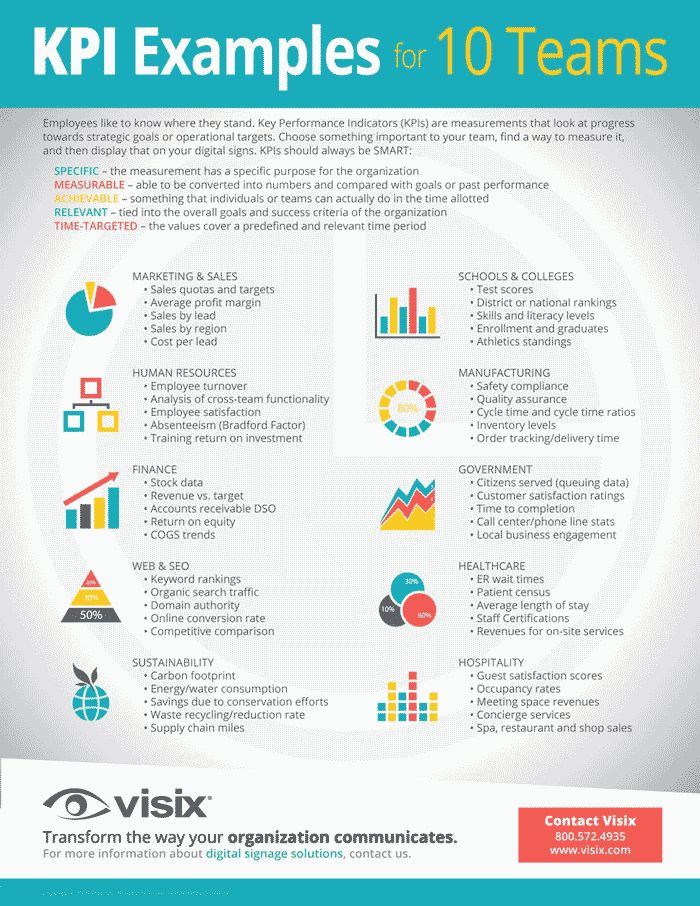In the realm of business management, the establishment of Key Performance Indicators (KPIs) is a fundamental practice that can significantly influence an organization’s success. KPIs serve as quantifiable measurements that help businesses evaluate their progress towards achieving strategic objectives. However, the challenge lies not just in setting KPIs but in ensuring they are meaningful, actionable, and aligned with the overall goals of the organization. This guide will explore the essential steps for setting KPIs that truly matter, allowing business leaders to drive performance and foster growth.
Understanding the Importance of KPIs
KPIs are more than mere numbers; they are vital tools that provide insights into how effectively an organization is performing against its objectives. They enable leaders to track progress, identify areas for improvement, and make informed decisions based on data rather than intuition. When KPIs are well-defined and relevant, they can motivate teams, enhance accountability, and facilitate strategic alignment across the organization.
However, many organizations struggle with KPI implementation. Often, KPIs are chosen arbitrarily or without sufficient context, leading to confusion and misalignment. To avoid these pitfalls, it is crucial to adopt a structured approach to KPI development that emphasizes relevance and clarity.
Steps to Set Effective KPIs
1. Define Clear Objectives
The first step in setting meaningful KPIs is to establish clear, concrete objectives that reflect the organization’s strategic vision. These objectives should articulate what the organization aims to achieve in both the short and long term. By having a well-defined set of goals, leaders can ensure that their KPIs are directly linked to the desired outcomes.
2. Involve Key Stakeholders
Engaging key stakeholders in the KPI-setting process is essential for fostering buy-in and ensuring relevance. This includes team members from various departments who can provide unique insights into what metrics matter most. Collaborative discussions can help identify the most impactful KPIs and ensure that everyone understands their role in achieving the organization’s objectives.
3. Utilize the SMART Criteria
To create effective KPIs, apply the SMART criteria—Specific, Measurable, Achievable, Relevant, and Time-bound. This framework ensures that each KPI is clearly defined and aligned with the organization’s goals. For instance, instead of setting a vague KPI like “increase sales,” a SMART KPI would specify “increase monthly sales by 15% within the next quarter.”
4. Limit the Number of KPIs
While it may be tempting to track numerous KPIs, focusing on a select few critical indicators is more effective. Too many KPIs can lead to information overload, making it difficult for teams to prioritize their efforts. Aim for a manageable number of KPIs that provide a comprehensive view of performance without overwhelming stakeholders.
5. Establish Clear Metrics and Benchmarks
For each KPI, define the specific metrics that will be used to measure success. This includes determining how data will be collected, analyzed, and reported. Additionally, set benchmarks or target values for each KPI to provide a clear standard against which performance can be evaluated. For example, if measuring customer satisfaction, establish a target score that reflects the desired level of service.
Monitoring and Adjusting KPIs
Once KPIs are established, continuous monitoring is vital to ensure they remain relevant and effective. Regularly review performance data and assess whether the KPIs are driving the desired outcomes. If certain KPIs are not providing valuable insights or if business priorities shift, be prepared to adjust them accordingly.
1. Collect and Analyze Data
Gather accurate and timely data related to each KPI to track progress effectively. Utilize analytics tools and dashboards to visualize performance metrics, making it easier to identify trends and areas needing attention.
2. Foster a Culture of Accountability
Encourage a culture of accountability by clearly communicating the importance of KPIs to all team members. Ensure that everyone understands their individual contributions to the organization’s objectives and how their performance will be measured.
3. Celebrate Successes and Learn from Failures
Recognize and celebrate achievements when KPIs are met or exceeded, as this fosters motivation and engagement among teams. Conversely, when targets are not achieved, conduct thorough analyses to understand the underlying causes and implement corrective actions.

